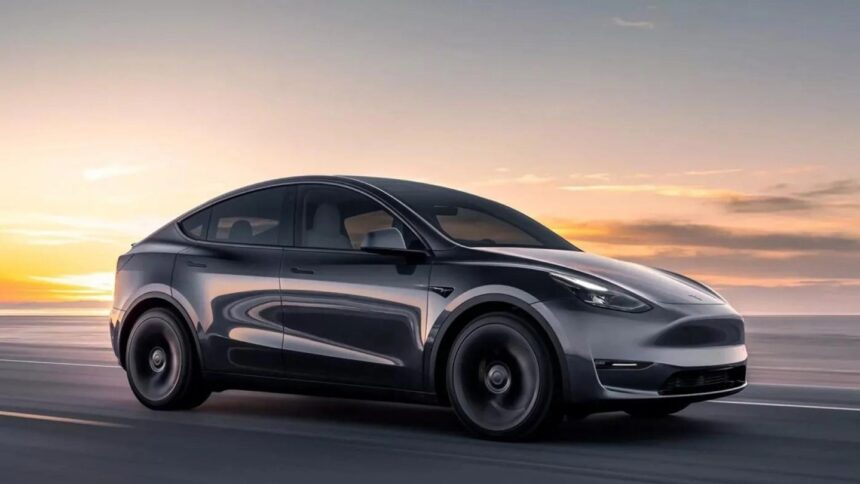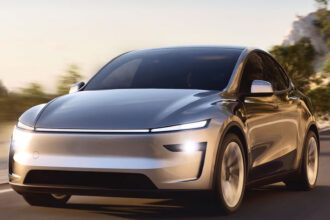The Rise of Tesla: Revolutionizing the Automotive Industry
In recent years, Tesla has emerged as a dominant force in the automotive industry, transforming perceptions of electric vehicles (EVs) and pushing the boundaries of technology and sustainability. Founded in 2003 by engineers Martin Eberhard and Marc Tarpenning, and later joined by Elon Musk, Tesla’s mission has been clear: to accelerate the world’s transition to sustainable energy. This article explores the key aspects of Tesla cars, their impact on the automotive market, and what the future may hold.
The Tesla Lineup
Tesla’s vehicle lineup has grown significantly, catering to different segments of the market. The flagship Model S debuted in 2012, boasting luxury and performance that rivals traditional gasoline-powered cars. With its sleek design, rapid acceleration, and long-range capabilities, the Model S set the standard for modern electric vehicles.
Following the Model S, Tesla introduced the more affordable Model 3 in 2017. This compact sedan quickly became one of the best-selling EVs worldwide, appealing to a broader audience with its accessible price point, impressive range, and advanced features. The Model 3 has played a crucial role in establishing electric vehicles as a viable option for everyday consumers.
Tesla’s SUV offering, the Model X, is notable for its distinctive falcon-wing doors and spacious interior. It combines the practicality of an SUV with Tesla’s cutting-edge technology, making it a popular choice for families. The Model Y, a compact crossover, further expands Tesla’s reach in the SUV market, providing a versatile option for those seeking a blend of performance and utility.
Innovative Technology
At the core of Tesla’s appeal is its commitment to innovation. The company continually integrates cutting-edge technology into its vehicles, setting them apart from competitors. One of the most notable features is Autopilot, Tesla’s advanced driver-assistance system. While it doesn’t make the car fully autonomous, Autopilot offers functionalities such as adaptive cruise control, lane centering, and traffic-aware cruise control, enhancing the driving experience and improving safety.
The Tesla Mobile App allows owners to control various aspects of their vehicle remotely, including climate settings, charging status, and location tracking. Over-the-air software updates ensure that Tesla cars are always equipped with the latest features and improvements, a revolutionary approach that traditional automakers have struggled to replicate.
Another key innovation is Tesla’s battery technology. The company has invested heavily in developing high-capacity lithium-ion batteries, enabling longer ranges and faster charging times. The introduction of the Tesla Supercharger network has further alleviated range anxiety, providing convenient and rapid charging solutions for long-distance travel.
Sustainability and Environmental Impact
Tesla’s focus on sustainability extends beyond its electric vehicles. The company has made significant strides in producing solar energy products and energy storage solutions. The Tesla Powerwall, a home battery system, allows homeowners to store solar energy for later use, promoting energy independence and reducing reliance on fossil fuels.
By prioritizing sustainable practices, Tesla has positioned itself as a leader in the fight against climate change. The company aims to reduce greenhouse gas emissions by promoting electric vehicles as a cleaner alternative to traditional cars. As more consumers embrace sustainability, Tesla’s mission resonates with environmentally conscious buyers.
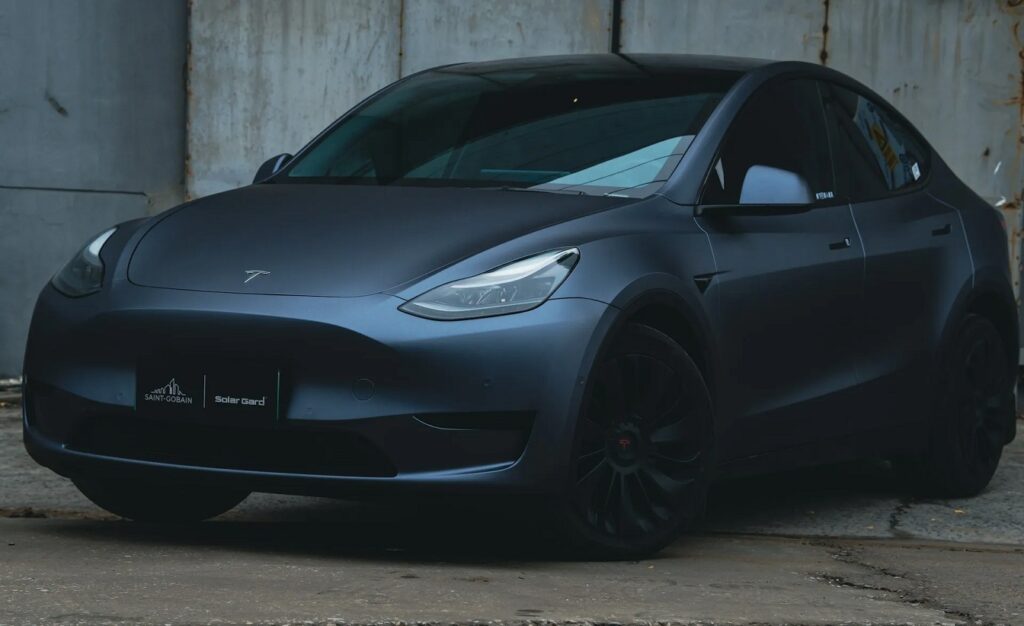
Challenges and Criticisms
Despite its successes, Tesla has faced its share of challenges and criticisms. Production delays and quality control issues have plagued some vehicle launches, leading to customer dissatisfaction. Additionally, concerns about the safety of Autopilot have been raised, with incidents involving the system prompting investigations.
Tesla’s direct-to-consumer sales model has also drawn criticism from traditional dealerships, leading to legal battles in various states. Some argue that this approach undermines the traditional automotive sales framework, while others see it as a necessary evolution in the industry.
The Future of Tesla
As Tesla continues to innovate, the future looks promising. The highly anticipated Cybertruck is set to enter production, aiming to disrupt the pickup truck market with its futuristic design and electric performance. Additionally, the forthcoming Tesla Semi promises to revolutionize the freight industry with zero-emission transportation.
Tesla is also investing in expanding its production capacity. The Gigafactories being constructed worldwide, including in Berlin and Texas, aim to increase manufacturing efficiency and meet the growing demand for electric vehicles. By scaling production, Tesla is well-positioned to maintain its market leadership as competition intensifies.
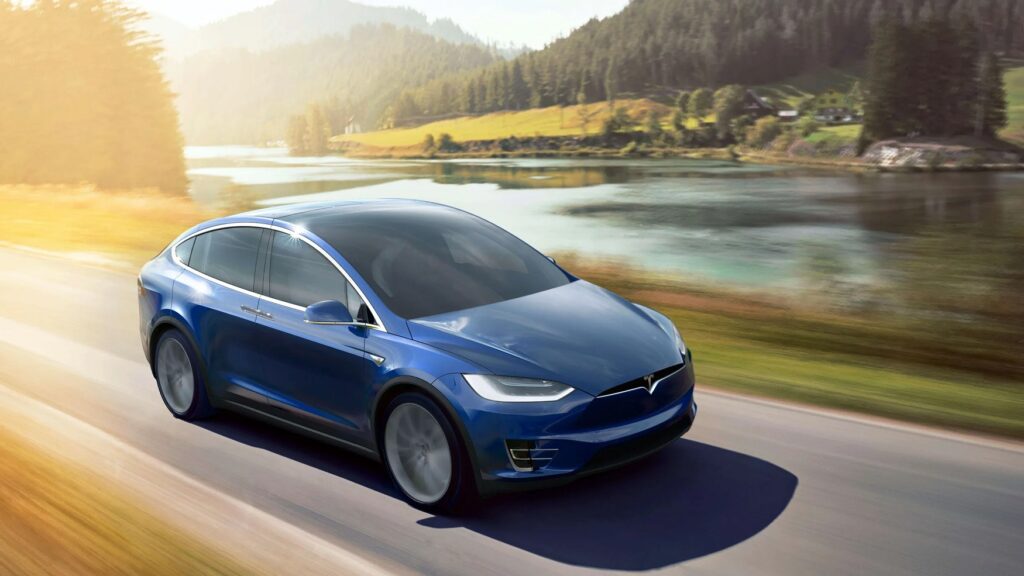
Here’s a revised overview of Tesla model prices for 2024:
Tesla Model Prices
- Tesla Model S
- Long Range: Approximately $95,000
- Plaid: Approximately $110,000
- Tesla Model 3
- Standard Range Plus: Approximately $40,000
- Long Range: Approximately $50,000
- Performance: Approximately $54,000
- Tesla Model X
- Long Range: Approximately $105,000
- Plaid: Approximately $120,000
- Tesla Model Y
- Long Range: Approximately $50,000
- Performance: Approximately $54,000
Additional Costs
- Destination Fees: A standard destination fee of around $1,200 is typically added to all models.
- Customization Options: Prices may increase with features such as premium paint, larger wheels, and enhanced interior options.
Incentives
Buyers may qualify for various federal, state, and local incentives, which can significantly reduce the overall cost of the vehicles. It’s essential to check local regulations for available incentives.
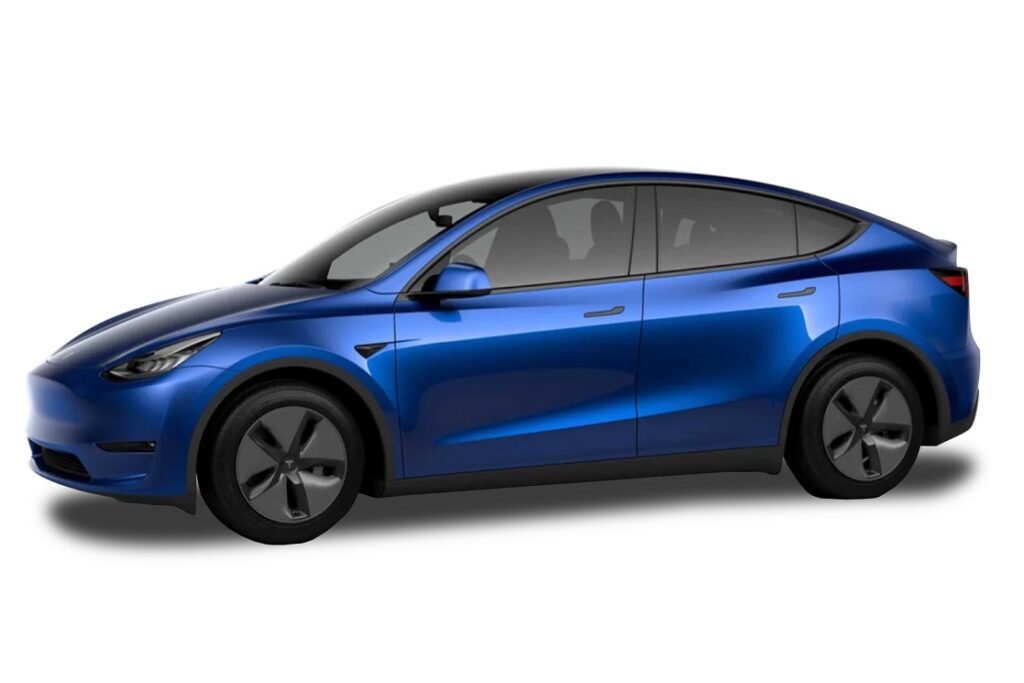
Conclusion
Tesla’s impact on the automotive industry is undeniable. By combining cutting-edge technology with a commitment to sustainability, the company has reshaped how consumers view electric vehicles. As it continues to innovate and expand its offerings, Tesla will likely remain at the forefront of the electric vehicle revolution.
For potential buyers, Tesla cars represent more than just a means of transportation; they symbolize a shift towards a more sustainable future. With an increasing focus on environmental responsibility and technological advancement, Tesla is paving the way for the next generation of automobiles. Whether you’re considering a used Tesla or eyeing the latest model, investing in a Tesla vehicle is not just a purchase; it’s a step towards a cleaner, greener world.


